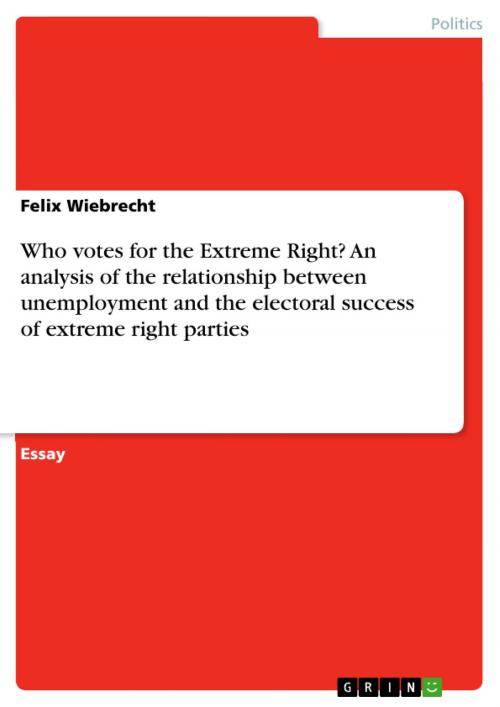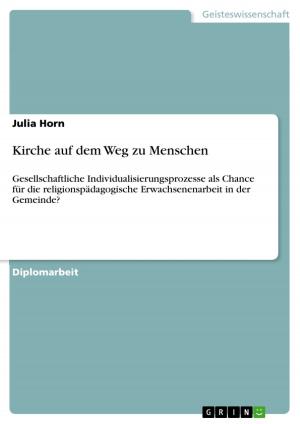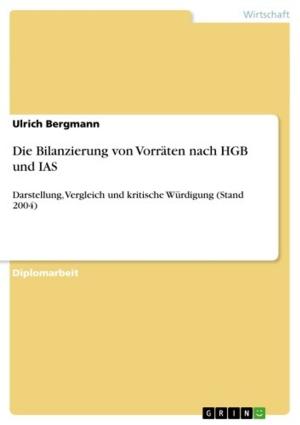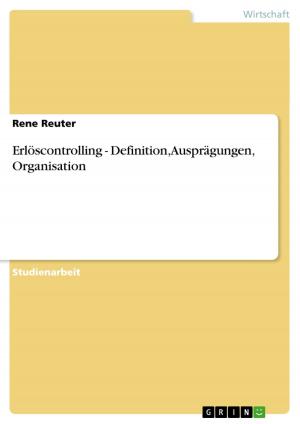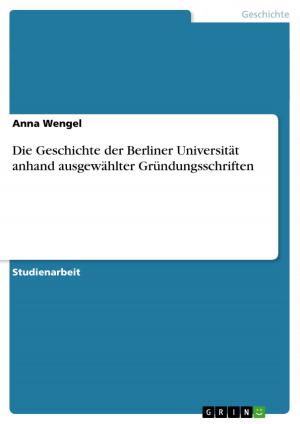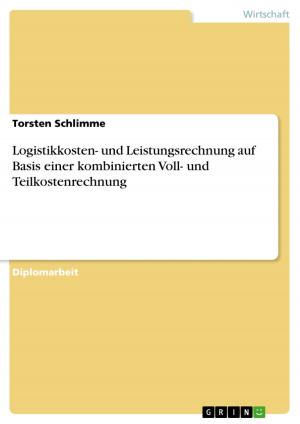Who votes for the Extreme Right? An analysis of the relationship between unemployment and the electoral success of extreme right parties
Nonfiction, Social & Cultural Studies, Political Science| Author: | Felix Wiebrecht | ISBN: | 9783668182561 |
| Publisher: | GRIN Verlag | Publication: | March 30, 2016 |
| Imprint: | GRIN Verlag | Language: | English |
| Author: | Felix Wiebrecht |
| ISBN: | 9783668182561 |
| Publisher: | GRIN Verlag |
| Publication: | March 30, 2016 |
| Imprint: | GRIN Verlag |
| Language: | English |
Essay from the year 2015 in the subject Politics - International Politics - Region: Western Europe, grade: A3, University of Aberdeen, course: The Extreme Right in Western Europe, language: English, abstract: A spectre is haunting Europe - the spectre of the new extreme right. Contrary to the communism, that Marx was referring to, the new extreme right seems to build up a broader societal base in Western Europe. In recent years the new extreme right (ER) parties have experienced an upsurge in popularity and electoral support. However, research on this group of parties could not establish a conclusive list of factors that are conducive for generating a high share of votes for the extreme right. This essay attempts to assess one factor that might benefit the ER, namely unemployment. By following the assumptions of economic interest theory the author wants to investigate whether unemployment rates and the support for radical right parties stand in a relationship to each other and if so, in what kind of relationship. Thus, this essay will analyse the election results of the ER in German and Italy, both on the national and one regional level for each country and will examine whether they are related to the corresponding unemployment rates in the years 2000 to 2014. Lastly, the findings will then be assessed in a broader frame of existing literature.
Essay from the year 2015 in the subject Politics - International Politics - Region: Western Europe, grade: A3, University of Aberdeen, course: The Extreme Right in Western Europe, language: English, abstract: A spectre is haunting Europe - the spectre of the new extreme right. Contrary to the communism, that Marx was referring to, the new extreme right seems to build up a broader societal base in Western Europe. In recent years the new extreme right (ER) parties have experienced an upsurge in popularity and electoral support. However, research on this group of parties could not establish a conclusive list of factors that are conducive for generating a high share of votes for the extreme right. This essay attempts to assess one factor that might benefit the ER, namely unemployment. By following the assumptions of economic interest theory the author wants to investigate whether unemployment rates and the support for radical right parties stand in a relationship to each other and if so, in what kind of relationship. Thus, this essay will analyse the election results of the ER in German and Italy, both on the national and one regional level for each country and will examine whether they are related to the corresponding unemployment rates in the years 2000 to 2014. Lastly, the findings will then be assessed in a broader frame of existing literature.
